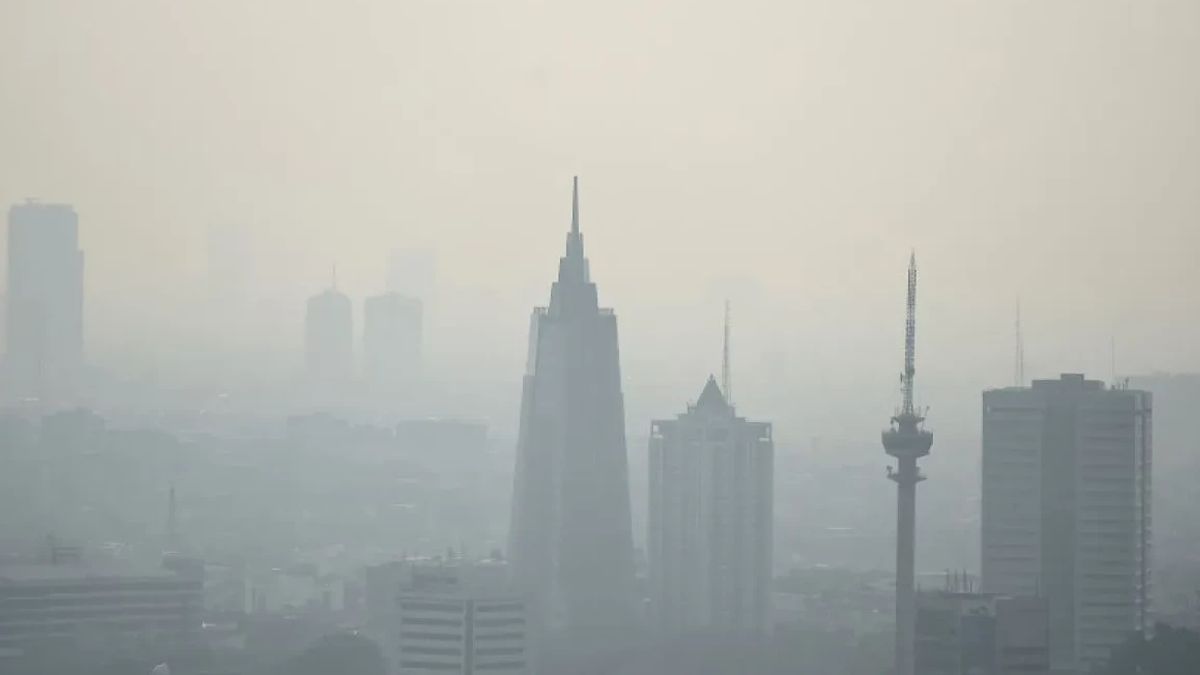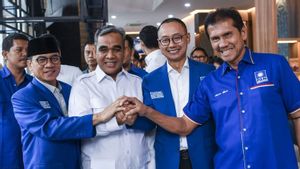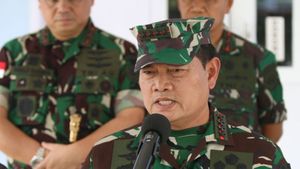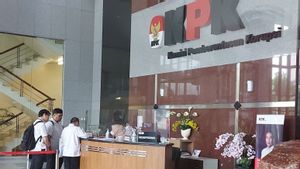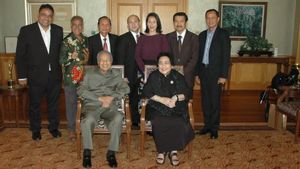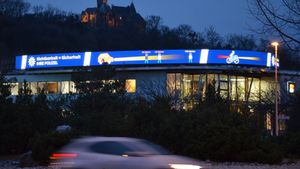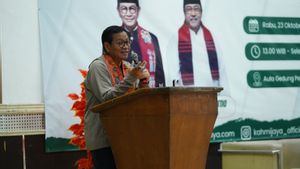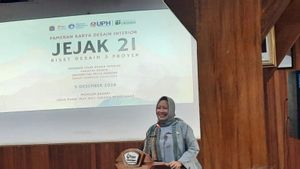JAKARTA - Member of Commission IX of the House of Representatives Rahmad Handoyo highlighted the condition of the air in DKI Jakarta which is currently getting worse. Rahmad appreciated the BMKG for engineering the weather in Jabodetabek.
"Indeed, weather engineering is expensive, but considering the sharp increase in IPSA disease, lately, weather engineering is worth trying," Rahmad told reporters, Monday, August 28.
Rahmad assessed that air pollution control must be carried out thoroughly along with sustainable, both short, medium and long-term policies.
"To overcome air pollution, such as in the city of Jakarta, which is also crowded with factories, is not easy. A short-term policy, say, for example, such as limiting the number of vehicles, will not necessarily change the air to be clean. So this policy must continue with medium and long-term policies," said Rahmad.
He assessed that the short-term policy of reducing vehicle emission disposal in the capital city was quite significant in reducing air congestion in Jakarta.
"The strategy carried out by the central and regional governments reduces the contribution of air pollution caused by the waste of vehicle emissions, I think is quite significant," he said.
However, he continued, the reduction in the number of vehicles must be followed by medium-term policies. For example, an invitation to ASN, especially those who work in Jakarta for Work From Home (WFH) alternately, although this effort is also not sufficient.
"ASNs who work in government should be rotated so that WFH. Whether it's 50 percent or whatever the percentage is, it can slightly reduce the burden of air pollution," he said.
Therefore, added Handoyo, long-term policies are needed such as the use of environmentally friendly energy. "Enerji geothermal, although expensive, but that needs to be calculated, needs to be calculated carefully," he said.
In addition, Rahmad appealed to control the waste of factories operating around Jabodetabek. Where it becomes one of the causes of pollution.
There must be a tolerance limit regarding the factory's emissions. If you pass the tolerance limit, there is a fine. If there is a fine, then in time, they will think about using technology that is more environmentally friendly. This is a policy," he said.
The Central Java electoral district legislator assessed that DKI Jakarta could follow the drastic steps taken by the Chinese government when the bamboo curtain country was surrounded by extreme air pollution.
SEE ALSO:
"We can learn from what the Chinese government has done. They have succeeded in dealing with air pollution because they focus on changing energy sources in three sectors, namely industry, transportation, and housing. Well, if China can, of course we can too," said Rahmad.
"I think the government already has a comparison, has a study. It's just a matter of how to implement short, medium and long-term policies," he added.
Previously, the Meteorology, Climatology and Geophysics Agency (BMKG) said that the rain that occurred in the Jakarta, Bogor, Depok and South Tangerang areas on Sunday, August 27, was the result of weather modifications to overcome air quality problems.
This was confirmed directly by the Head of BMKG Dwikorita. He said that currently Indonesia is still in the dry season, so the rain that falls is weather engineering.
"It's still the dry season. It's raining because the weather modification technology (TMC) is being implemented," said Dwikorita.
The English, Chinese, Japanese, Arabic, and French versions are automatically generated by the AI. So there may still be inaccuracies in translating, please always see Indonesian as our main language. (system supported by DigitalSiber.id)
